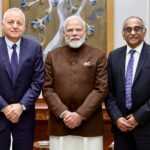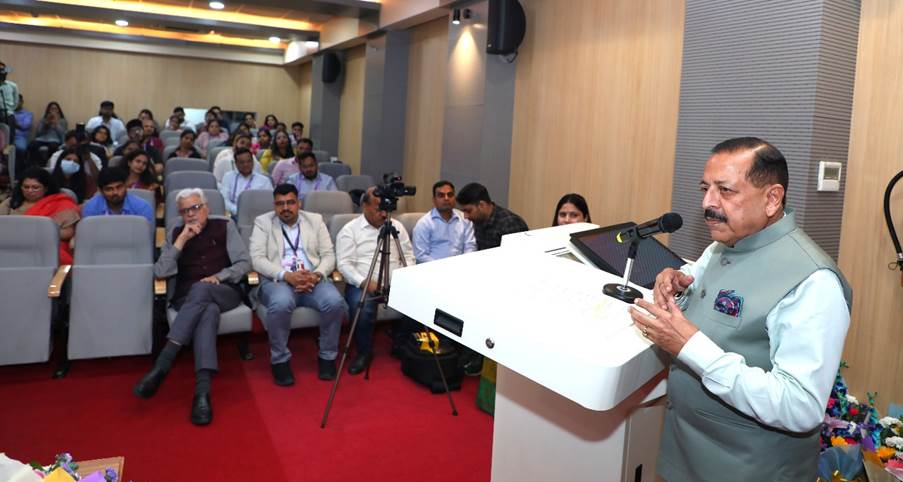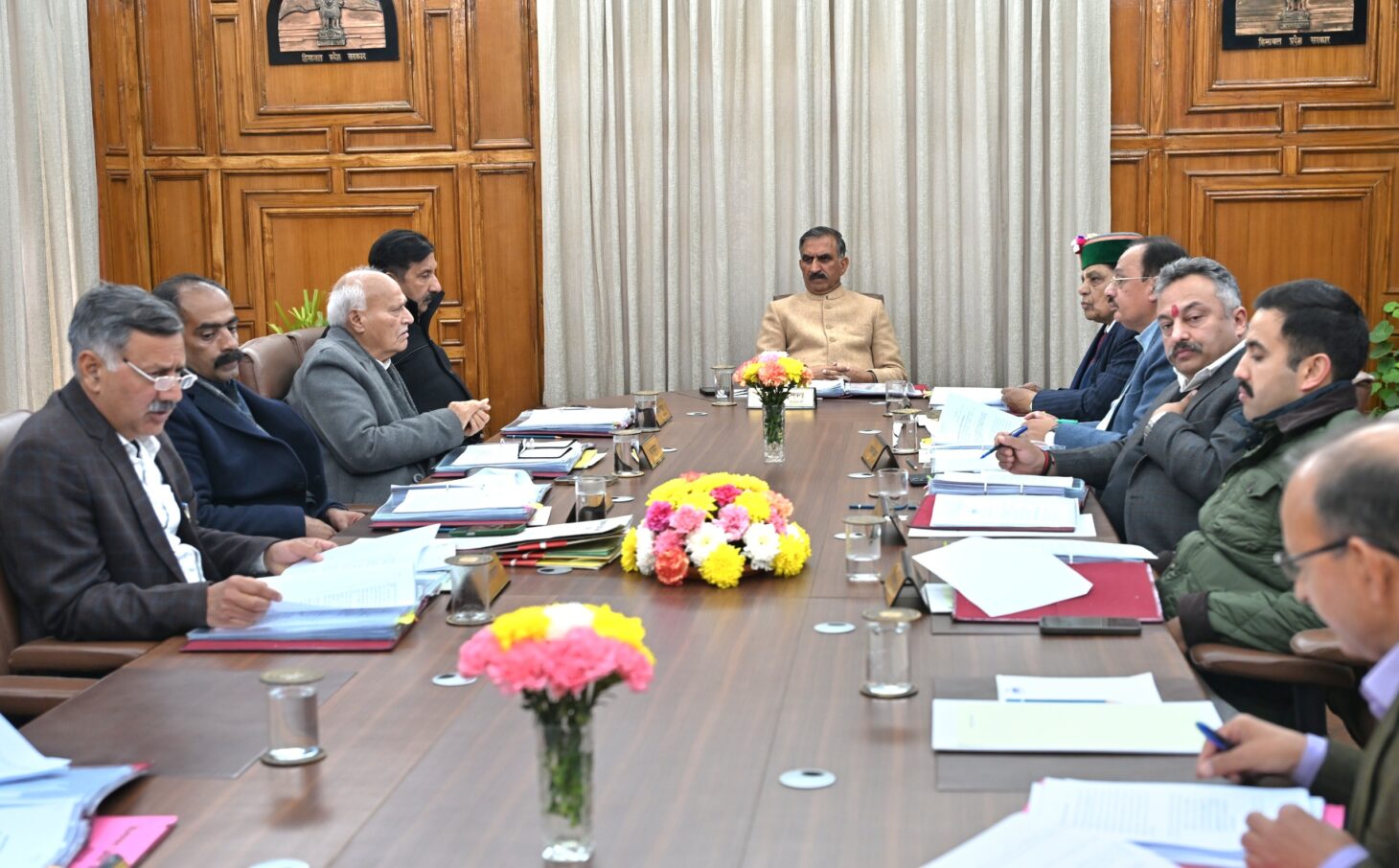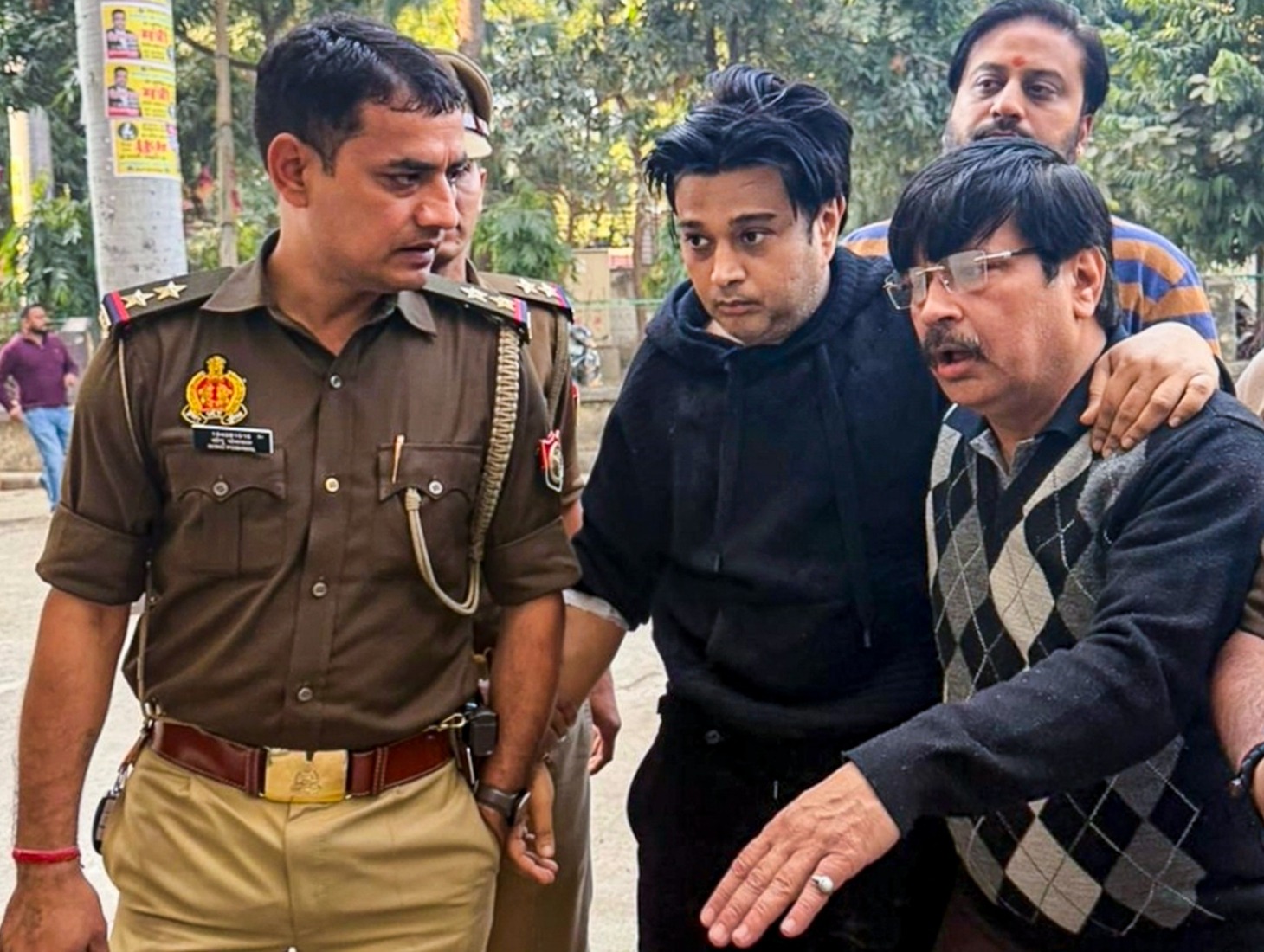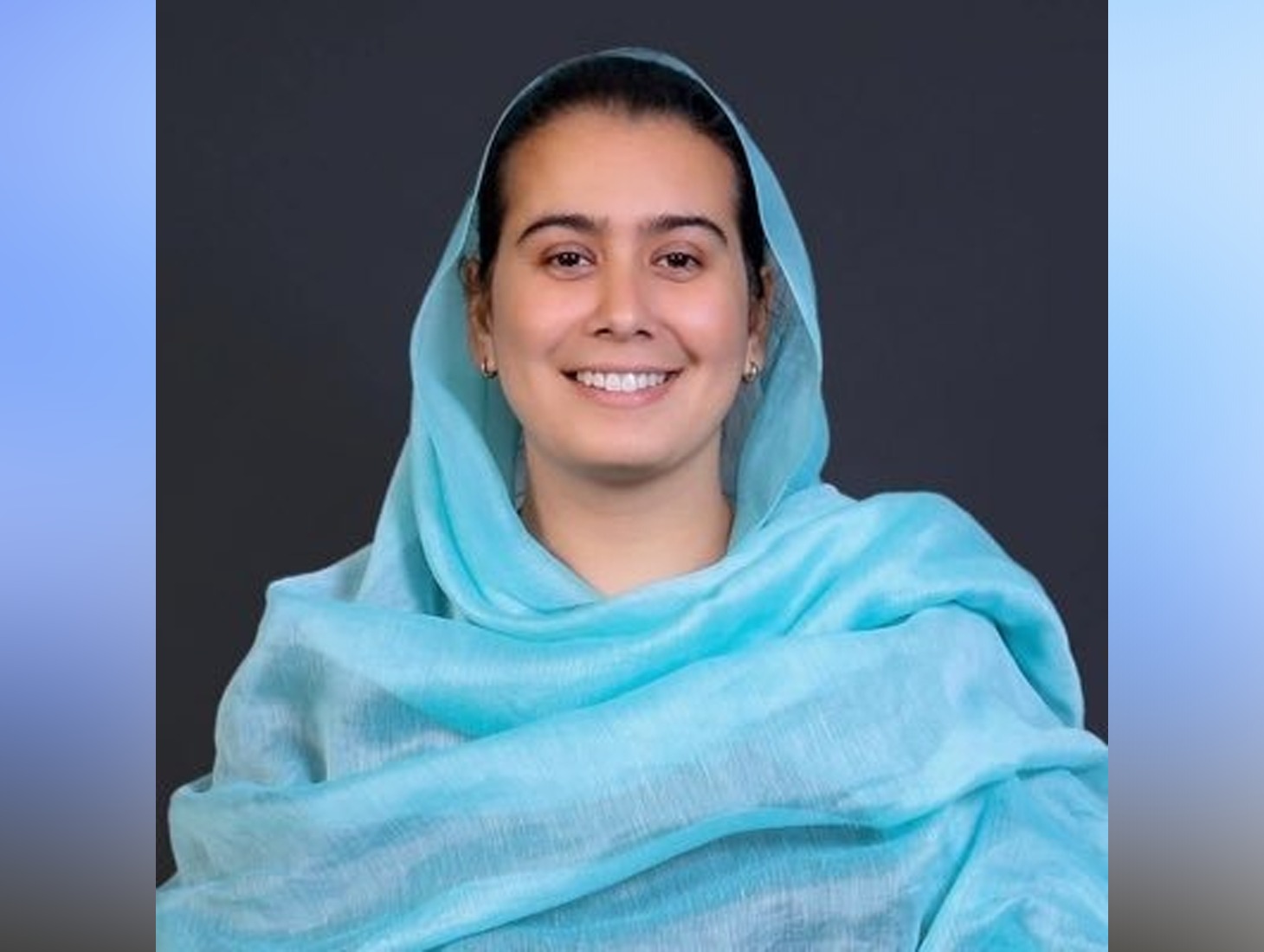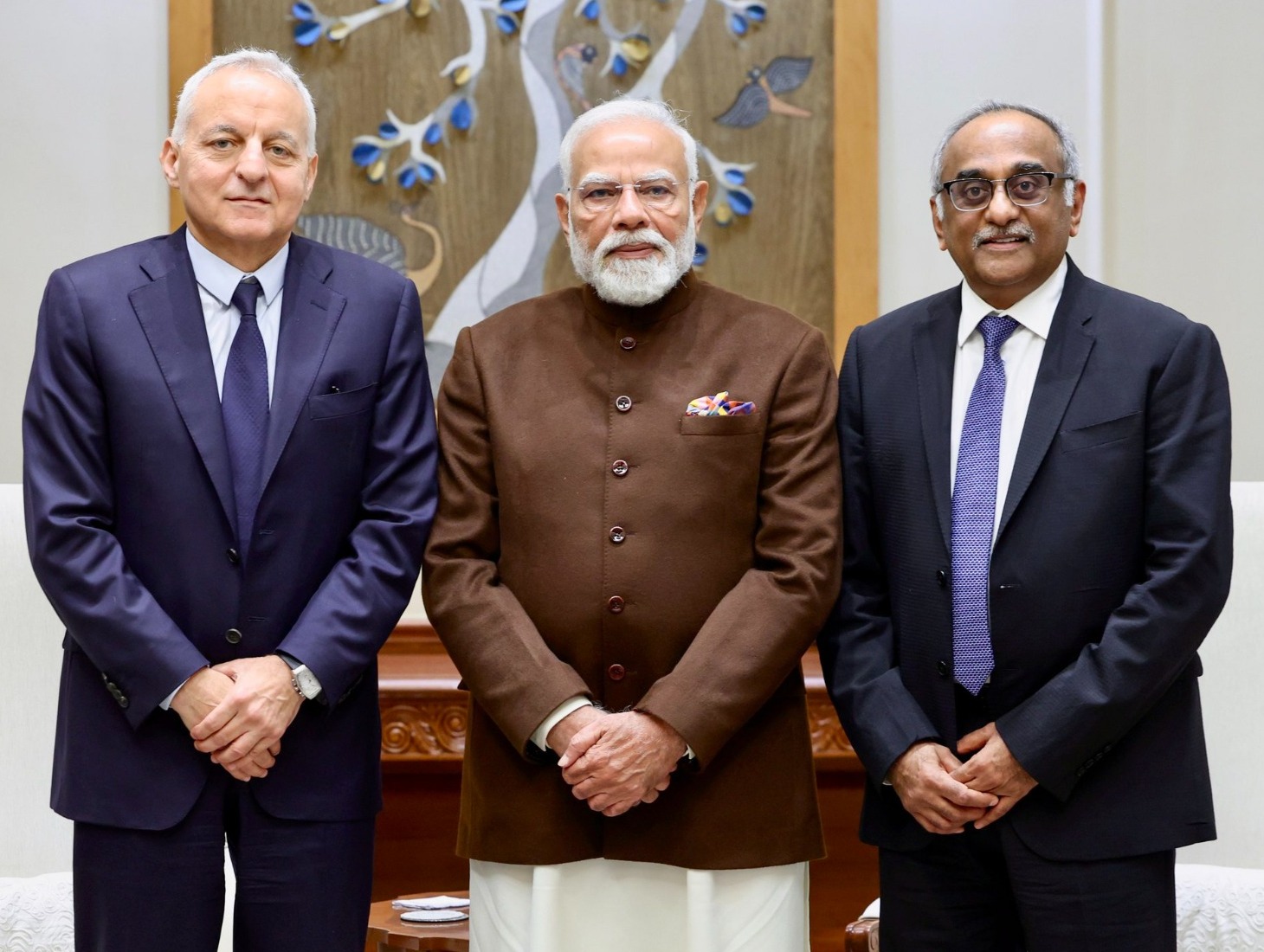The North News
New Delhi, October 18
India has developed its first indigenously discovered antibiotic, a major breakthrough in the fight against drug-resistant infections. Union Minister of State (Independent Charge) for Science & Technology, Jitendra Singh, announced that the antibiotic, Nafithromycin, is effective against resistant respiratory infections and will be particularly beneficial for cancer patients and those with poorly controlled diabetes.
Developed by the Department of Biotechnology in collaboration with Wockhardt, this is the first antibiotic molecule fully conceptualised, developed and clinically validated in India. The announcement was made during a medical workshop on “Harnessing Artificial Intelligence for Multi-Omics Data Integration and Analysis”. Singh said the innovation marked a “significant leap” toward self-reliance in pharmaceuticals and underscored the value of industry-academia partnerships in driving biopharmaceutical growth.
He also revealed that India had achieved its first indigenous clinical trial success in gene therapy for hemophilia at Christian Medical College Vellore. The trial recorded a 60–70% correction rate with zero bleeding episodes and was supported by the Department of Biotechnology.
India has already sequenced more than 10,000 human genomes and aims to scale the number up to one million. The results of the gene therapy trial were published in the New England Journal of Medicine, signaling India’s rising profile in global biomedical innovation.
Singh also highlighted the role of Anusandhan National Research Foundation, which has an outlay of ₹50,000 crore over five years, with ₹36,000 crore expected from non-government sources. He stressed the transformative role of Artificial Intelligence in healthcare, citing AI-based mobile clinics reaching rural regions and the AI-driven grievance redressal system by Department of Administrative Reforms and Public Grievances achieving a disposal rate of 97–98%.
Institutions like Sir Ganga Ram Hospital were praised for integrating AI, biotechnology and genomics to improve health outcomes. Singh urged more collaboration between government, private hospitals, and research institutes to advance the vision of “Viksit Bharat @2047.”
He said India was entering “a new era of self-reliance” in biotechnology, AI and genomic medicine, setting the stage for global scientific leadership.





